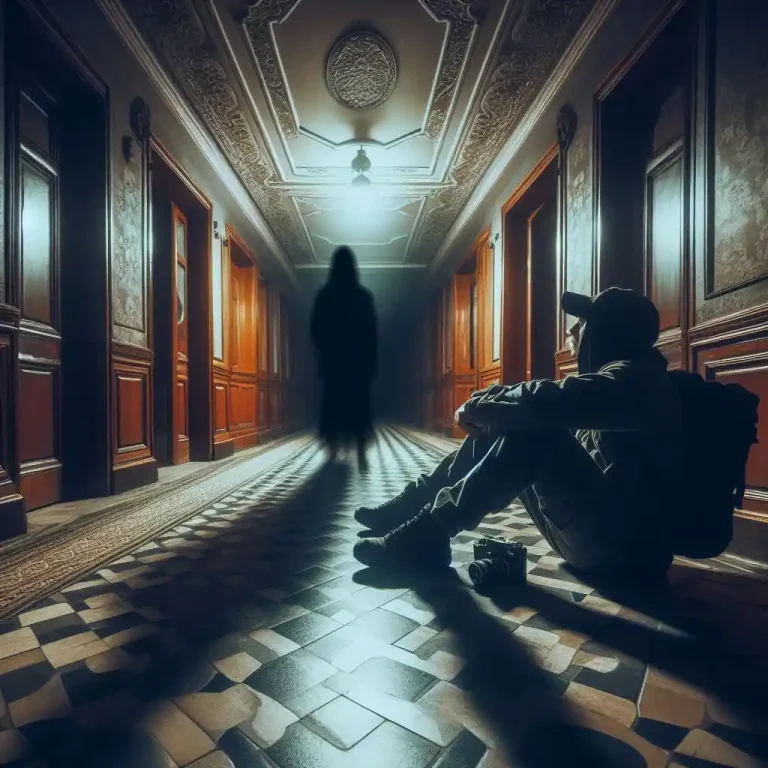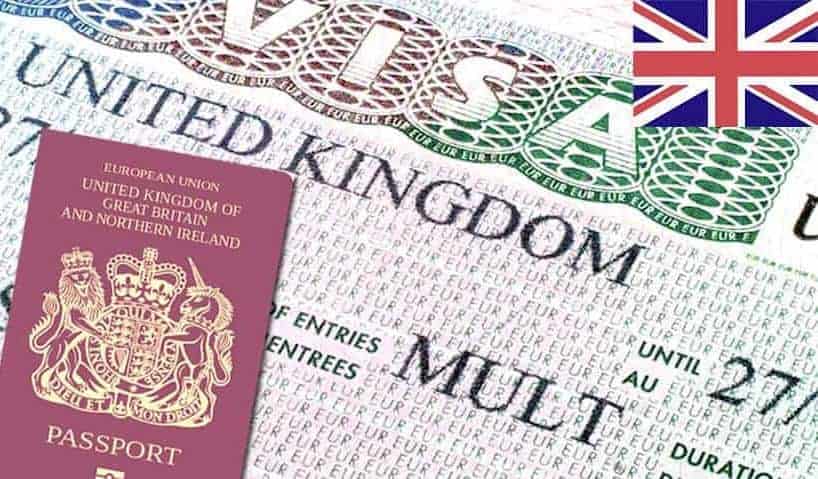Dark Tourism: Exploring the Rise of Travel to Sites of Death and Tragedy
Dark tourism, a niche form of tourism that revolves around sites associated with death, tragedy, and suffering, has been growing in popularity in recent years. From war zones to historical sites of mass tragedy, travelers are increasingly drawn to these locations, driven by curiosity, a desire for unique experiences, or even the thrill of visiting places often overlooked by mainstream tourism. This phenomenon reflects shifting societal attitudes toward the exploration of painful and dark aspects of history.
Understanding Dark Tourism and Its Growing Appeal
Dark tourism is typically categorized as the travel to locations associated with death, suffering, disaster, or the aftermath of historical atrocities. These can include places like concentration camps, battlefields, sites of natural disasters, or areas affected by conflict and political upheaval. Unlike traditional forms of tourism that focus on leisure, relaxation, and cultural exploration, dark tourism is driven by an interest in exploring the darker, more somber aspects of human history.
Examples of Dark Tourism Destinations and Their Significance
Dark tourism encompasses a wide range of destinations, each with its own historical and emotional significance:
- Auschwitz-Birkenau, Poland: Perhaps the most infamous example of dark tourism, Auschwitz-Birkenau remains one of the most visited sites of historical atrocity. The Nazi concentration camp stands as a grim reminder of the Holocaust, drawing millions of visitors each year who seek to pay their respects and understand the depths of human cruelty.
- Chernobyl, Ukraine: The abandoned city of Chernobyl, the site of the 1986 nuclear disaster, has become a popular destination for dark tourists. Despite the dangers associated with radiation exposure, visitors are drawn to the eerie desolation and the haunting remnants of a once-thriving community.
- Syria and Iraq: War-torn regions like Syria and Iraq have seen an increase in dark tourism as travelers seek to understand the impact of ongoing conflicts. Sites such as Palmyra and Mosul, once flourishing centers of culture, now stand as symbols of devastation and the struggle for survival.
- Jonestown, Guyana: The site of the mass murder-suicide of 900 followers of Jim Jones in 1978 has become a focal point for dark tourism. Visitors are drawn to the remnants of this tragic event, which serve as a stark reminder of cult fanaticism and the dangers of charismatic leadership.
Motivations Behind Dark Tourism:
- Curiosity and Education: One of the primary motivations for travelers engaging in dark tourism is a desire to understand the past and the events that shaped societies. By visiting these sites, tourists seek a deeper connection to history, aiming to learn from the mistakes of the past.
- Reflection on Human Tragedy: Dark tourism offers a space for reflection on human suffering, helping visitors confront difficult truths about history. For many, visiting these sites is an act of remembrance and respect, honoring those who lived through these traumatic experiences.
- Thirst for Adventure and Experience: In an era where authenticity and off-the-beaten-path experiences are highly valued, dark tourism provides unique, often high-risk experiences. Travelers seeking adventure may view dark tourism sites as the ultimate way to engage with the world in a deeply personal and impactful way.
- Social Media and Influencer Culture: Social media platforms have played a significant role in the rise of dark tourism. Influencers and vloggers often visit these sites, documenting their experiences and drawing attention to the often-overlooked destinations. For some, the appeal lies in the quest for likes, shares, and followers, while for others, it’s about spreading awareness of significant historical events.
The Controversy Surrounding Dark Tourism:
Despite its growing popularity, dark tourism remains a highly debated form of travel. Critics argue that it risks sensationalizing or trivializing human suffering, turning tragic events into mere attractions for thrill-seekers. Others warn of ethical concerns, particularly when tourists visit sites without fully understanding the gravity of the events or showing respect for the victims.
Ethical Concerns: Many scholars and tourism experts call for a more thoughtful and respectful approach to dark tourism. They emphasize the need for educational frameworks and responsible tourism practices, ensuring that visitors are informed and reflective rather than exploitative.
Economic and Cultural Impact: On the other hand, proponents of dark tourism argue that these sites can contribute positively to local economies by boosting tourism revenue and raising awareness about critical historical events. In some regions, such tourism has helped preserve historical sites and foster a deeper cultural understanding of tragedy.
The Future of Dark Tourism: Dark tourism is expected to continue growing, driven by increasing global interest in exploring the lesser-known, often painful aspects of history. With the rise of digital nomadism, the desire for authentic and off-the-beaten-path experiences, and the continued influence of social media, dark tourism is likely to become a more integral part of the global tourism landscape.
“The rise of dark tourism reflects a growing global interest in confronting difficult aspects of human history. While it remains a controversial and complex form of travel, it has the potential to foster deeper cultural understanding and awareness of humanity’s past.”
In conclusion, dark tourism provides a unique lens through which the legacies of conflict, tragedy, and suffering can be explored and remembered. As the world continues to grapple with these histories, balancing respect and exploration will be key to ensuring that dark tourism remains a meaningful and enriching pursuit.




